
Emptying the Heart; Cultivating Peace and Deep Regard for Ourselves with Acupuncture
“The Master takes action by letting things take their course…What he desires is non-desire…He simply reminds people of who they have always been. He cares about nothing but the Dao. Thus he can care for all things.” Chapter 64 “Dao De Jing.”
The ability to rest within ourselves is a great blessing. Yet, many of us spend much of our lives rushing about, overcome with burning desire: to be, achieve or acquire something we feel will provide us with a sense of wholeness or peace. Some of us even try to become someone else. We may feel confused, or cut off from a sense of purpose, or sense of “self.”
The ancient Daoist text “Dao De Jing” reminds us over and over that peace and wholeness are not found in striving, grasping, desiring or effort. The line “the master…reminds people of who they have always been…letting things take their course,” are wise words, especially for those of us who literally exhaust ourselves with effort and want.
In Chinese Medicine, the ability to feel at peace; to rest within ourselves is predicated on the physiological communication between the Heart and Kidney. Classical texts describe the Heart as “naturally empty,” with a tendency to “fill quickly.” A full Heart disturbs the spirit and mind, causing numerous ailments.
As the “Dao De Jing” teaches, by emptying ourselves of desire, we empty our Hearts, increasing our ability to rest, love and care for all things. A full Heart tends to fixate and obsess, causing narrowing of perception and restlessness of the spirit. Fullness of the Heart can relate to disappointments or “betrayals” from the past, unmet desires, or a sense of uneasiness about life and ourselves.
The best description I’ve heard about the restless, full Heart is the image of the wandering spirit. The spirit becomes agitated by the heat of desires or the phlegm of disappointment. Heat and phlegm block the spirit from entering into its natural resting place in the Heart, forcing it to wander.
For many of us, we lack the sense of “home” within our bodies, causing the spirit to perpetually search outwardly for what should naturally exist internally.
The wandering spirit is often the cause of insomnia. A person may find it difficult to fall into a state of peaceful sleep because of an uneasy mind that prevents their spirit from resting in the Heart. Or, they wake at night from a lack of internal “yin energy”: the homebase that nourishes and roots the spirit during sleep.
Sleep is a good indicator as to the state of the Heart and spirit. My teacher has always described “spiritual cultivation” as “the amount of peace” found within ourselves. Peace becomes the measure of our spiritual cultivation. To achieve a state of peace, we must become comfortable with ourselves, the world, the past, the future and our destiny. To achieve restful sleep, our Heart’s must be at peace.
Within Chinese Medicine, the Heart is known as the “sovereign ruler” of the organs. Each organ, classically, was likened to a figure within an imperial court. The Heart was seen as the emperor. It was the job of the emperor to be the “liaison” between heaven and earth. The emperor ruled through being a vessel. To do a good job, it was necessary to be empty of all desire and will that did not serve humanity. However the word “sovereign” also means to be in control of oneself, of one’s kingdom.
To feel a sense of mastery of our mind and body is important for health. The heart when it’s healthy feels itself the center of our selves, connected to our earthy existence, but also guided by our spirit. We feel we are on the right path, able to choose our thoughts and decide what is best for our internal kingdom. Our spirit is able to “reign” and the rest of our system follows respectfully.
In the human body, the role of the Heart is to harmonize the “Ming” or “destiny” given to us by heaven with the ancestral inheritance held in the Kidneys. The mingling of these two energies: Fire and Water, provides us with our spiritual path in life. When we are harmonized with our “Ming,” we feel we are on our path. When our Kidneys are expressing and supporting from the depths of our being we feel supported, strong and willfully active. The connection between our sense of spirit path and our willpower to engage in life is the Heart-Kidney connection that is so important within Chinese medical physiology, considered the basis of mental health.
As its job is highly important, the Heart has many assistants in its role as the chief “Fire official.” It is the element of Fire that animates and guides all the other elements within the body. The Heart is the chief, and its assistants help carry its message throughout the internal kingdom of the body.
The Sanjiao (Triple Heater) channel assists the heart in creating our personality: to help us experience what we’ve been destined in life. The personality is given to us as a tool so we may discover and live out our destiny. For example, a “Wood personality” will see the world very differently from a “Metal personality.” Each personality calls to itself experiences and people who will assist us in learning what we are meant to in our life. When the Triple Heater is disturbed, a person’s personality may change: he may become someone else. The person is no longer living his life, which confuses the body, throwing it into chaos.
The second assistant to the Heart is the Small Intestine channel. The Small Intestine receives the “Yang energy” of insight and intelligence from the Heart so it may discern what is appropriate and inappropriate for us, based on our “Ming.” Through the Small Intestine, we choose what we want to keep in our lives, and what would be healthier to discard. When the Small Intestine is disturbed, there will be a sense of confusion as to what is right for us. We may become insecure and defensive, as we are unclear about our internal truth.
The Pericardium channel, the third assistant, is often seen as “the Heart protector.” The imperial role it was given was the chief of secret police. The Pericardium is the channel that takes on trauma to protect the Heart from having to deal with it. However, the complication of the Pericardium is its tendency to block all communication to and from the Heart. I’ve always had the image of “martial law” being put into place when the Pericardium becomes aroused. The imperial palace becomes sealed off, and free movement in the capital is restricted. The Pericardium can have a “gestapo-like” quality. The issue may be out of sight under the oppressive rule of the “Heart protector,” yet one always knows there’s something wrong in such a police state. Physical symptoms such as chest pain and mental uneasiness somatically illustrate the Pericardium’s state of oppression.
To rest peacefully in ourselves, our Hearts must be free. The Pericardium must give up its martial control of the chest to allow trauma to be released. The Small Intestine must be attuned to the true wisdom of the Heart, so it can effectively discern that which is nourishing and draining. And the Triple Heater must flow unimpeded so we may express the personality given to us so we may discover our destiny.
To begin the process of “emptying the Heart,” I think it’s important to recognize this as the true desire of the spirit. Often this begins with developing deeper appreciation and regard for ourselves. The ancient Chinese saw human life as a great gift. Each of us is given a unique personality, life and “Ming,” which is precious. So many of us spend much of our time wishing we were someone else, or had a life different from our own. Many of us feel the weight of our destiny as very burdensome. We lack the deep regard for ourselves that we deserve.
The “Extraordinary Channels” called “Qiao Mai” are powerful therapeutic tools to support us in cultivating deep regard, comfort and appreciation for ourselves. The chief points on these channels have names that illustrate their functions.
“The Illuminating Shining Sea” (KI-6) is a point on the inner ankle that provides the image of looking into the water (a metaphor for the self) and seeing our reflection as “shining” back at us. Ideally, we are comfortable and delighted with what we see.”The Extending Vessel” (BL-62), a mirror point to KI-6 on the outer ankle, gives an image of the spirit reaching out into the world. Yet, it brings to mind the person who is constantly running, with no sense of home to return back to. Both of these points are said to “calm the spirit-disposition,” meaning the spirit’s relationship to the personality. To harmonize these two points is to become comfortable with the “Great Manifestation” of the self so we may peacefully allow the spirit a home to return to after reaching out into the world.
I was taught that the measurement of the “Qiao Vessels” is in these two questions: “if you had to choose anyone to be, who would you be?”; “If you had to choose any life to have, what life would that be?” I wish for all of us to be able to answer, with a bright, shining smile: “Myself; my life.” I wish us to be reminded of who we are, developing deep trust in ourselves, so we may calmly allow things to take their own course. Life can be just as exciting and awe-inspiring as it can be scary: our attitude is based on our perception. To change our perception is to change our world.

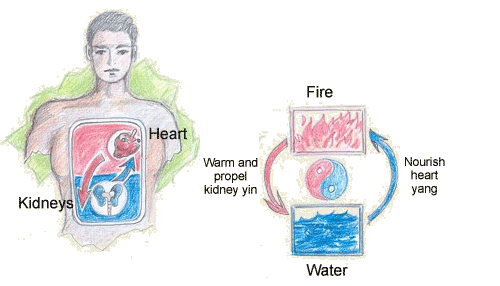
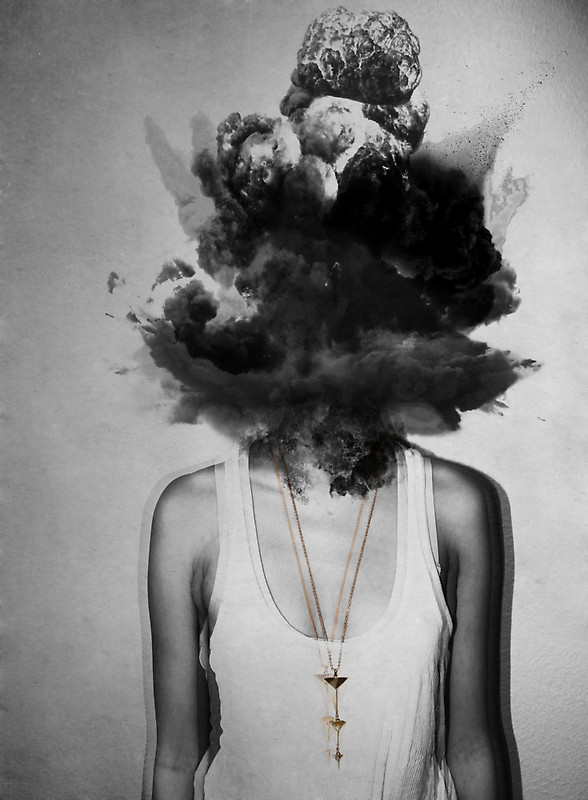
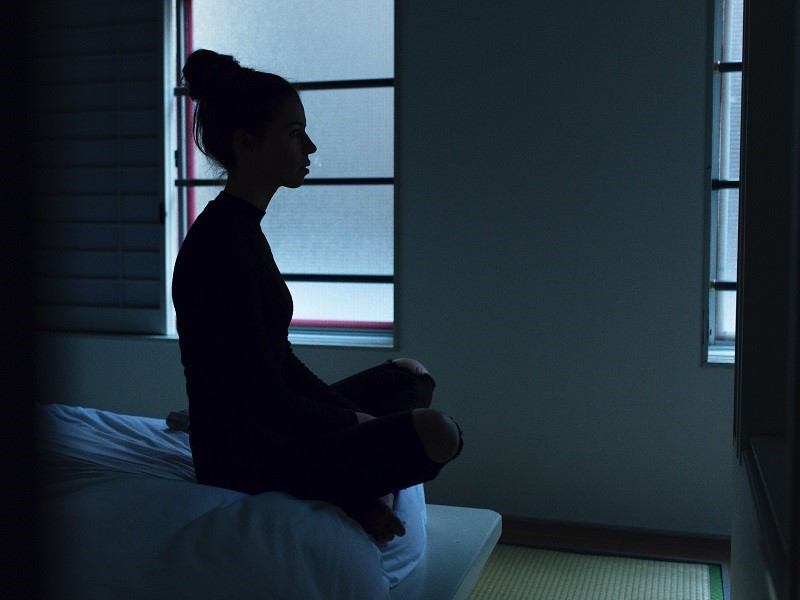
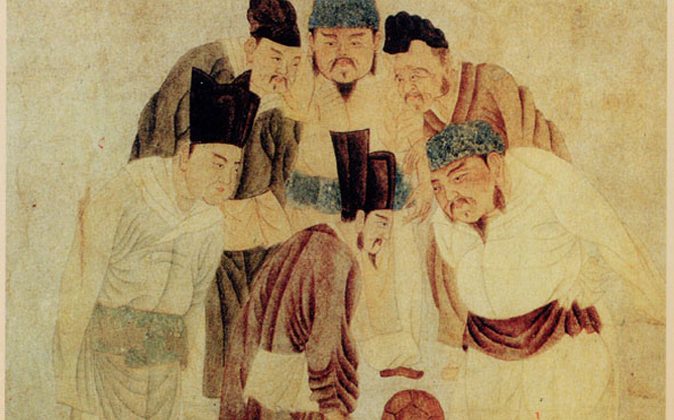
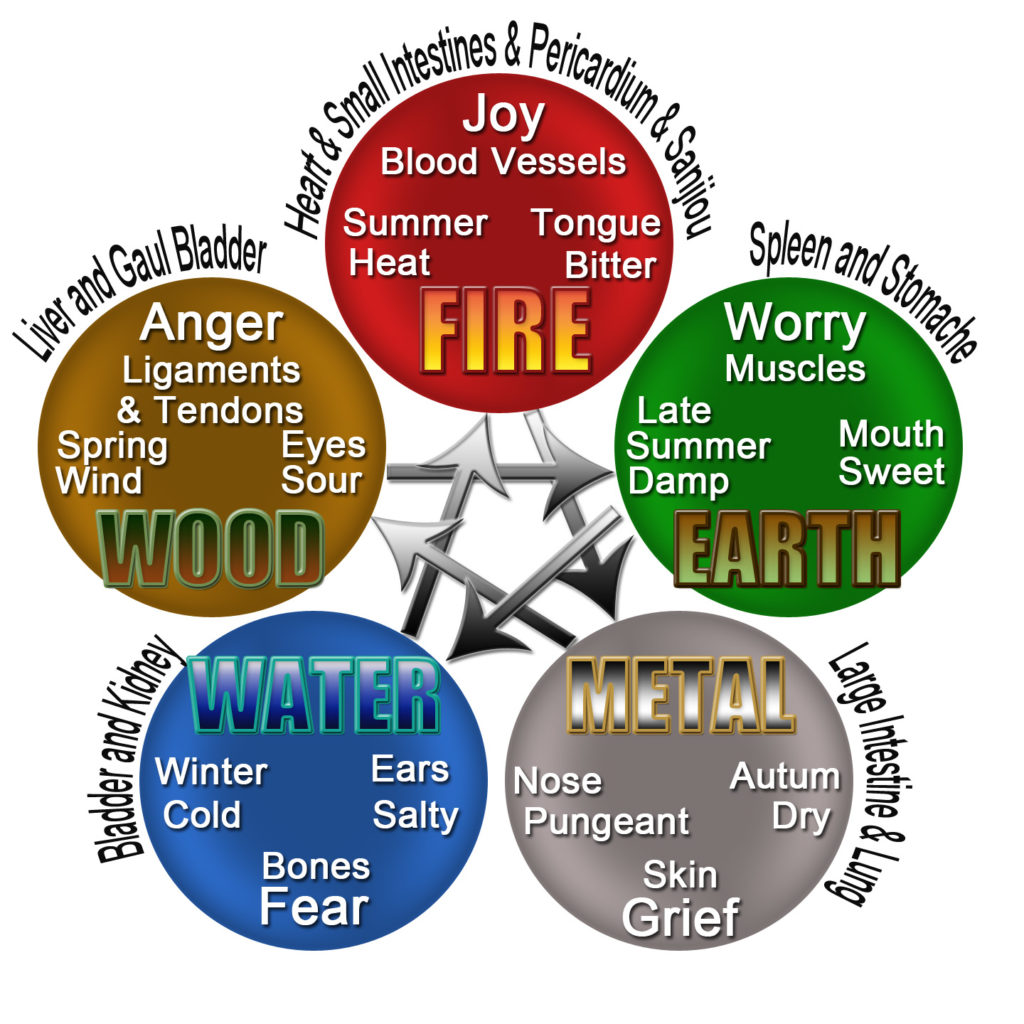

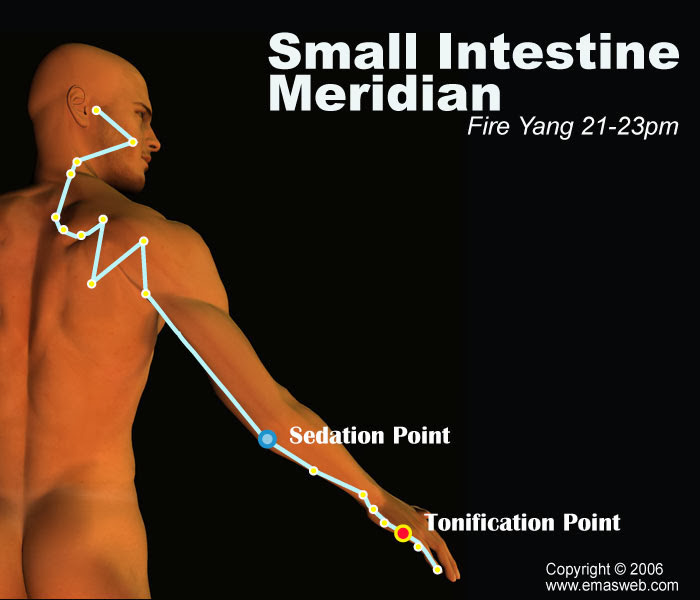
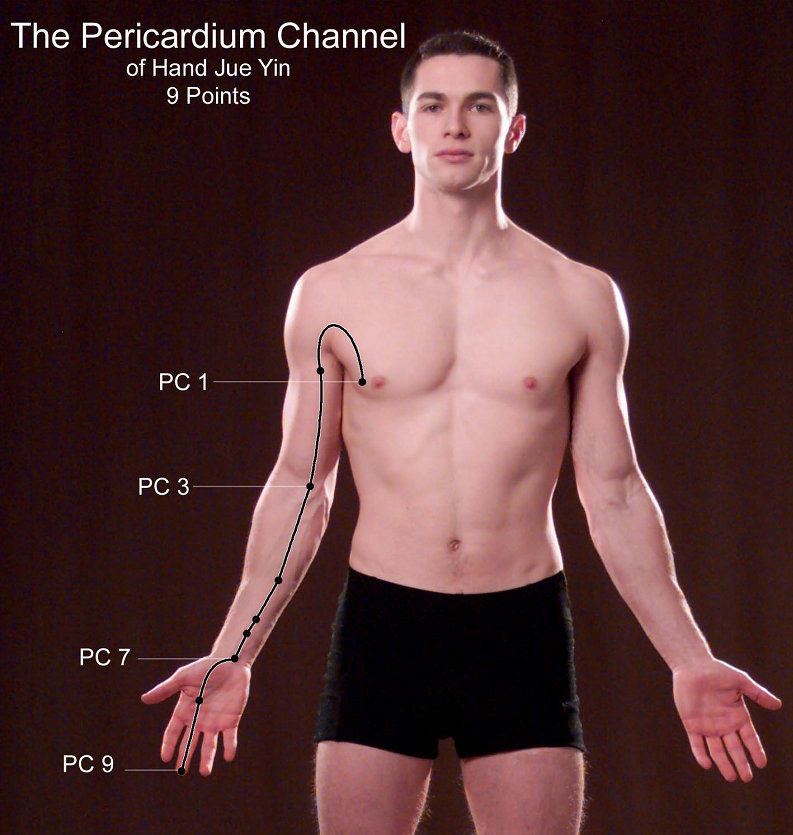
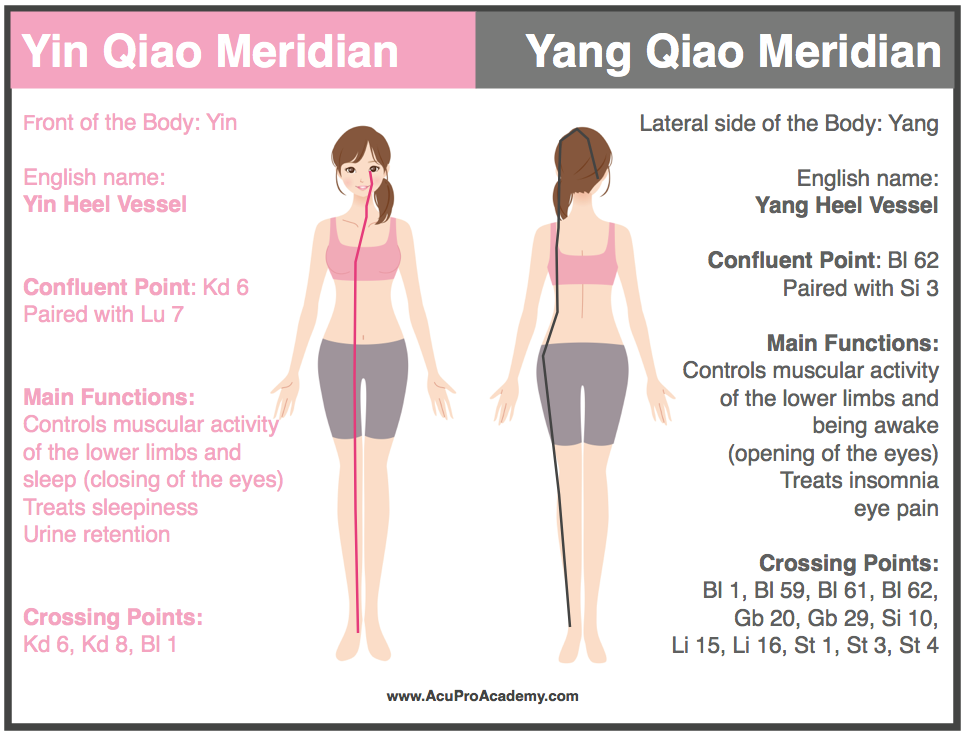
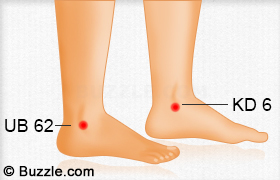


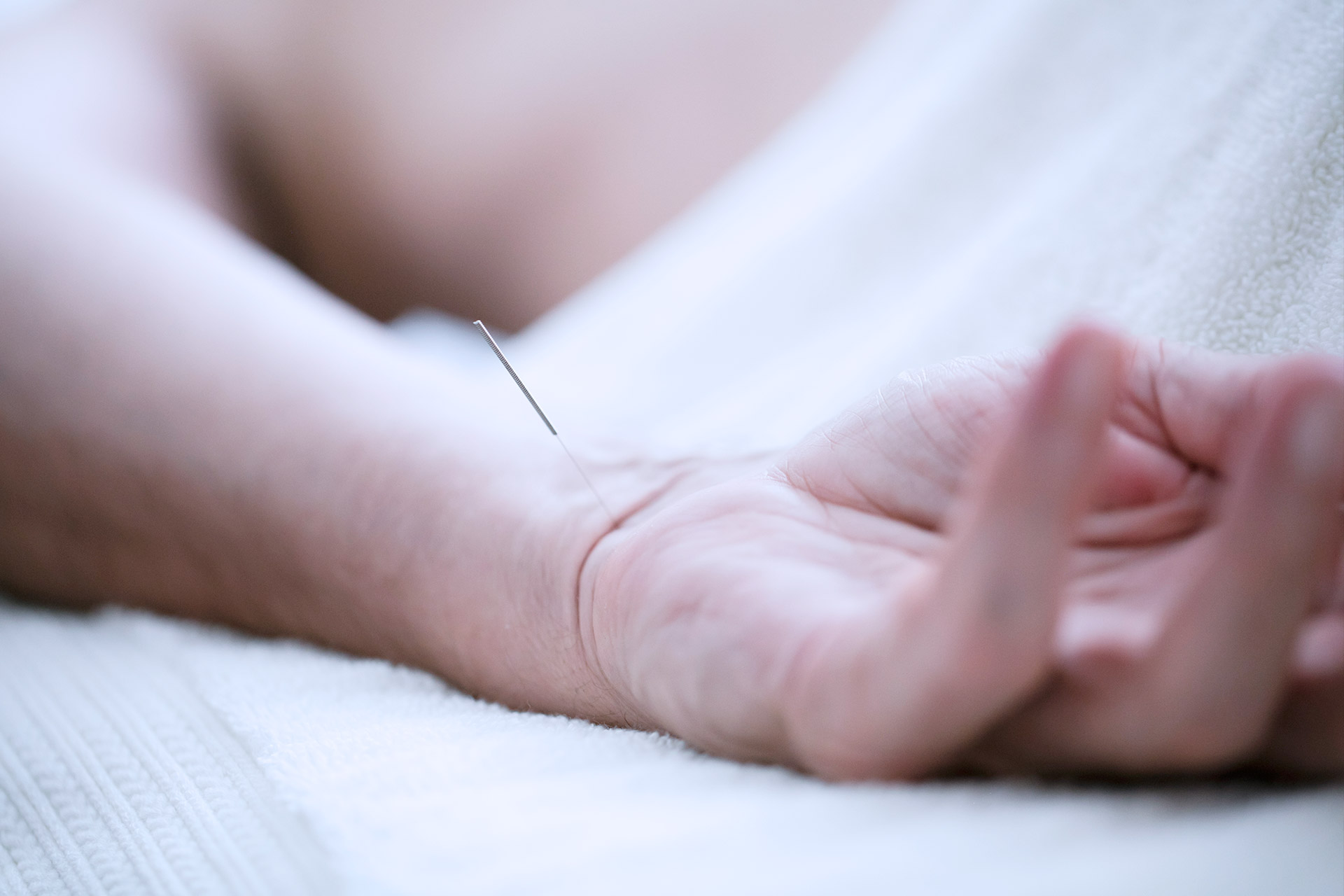
No Comments